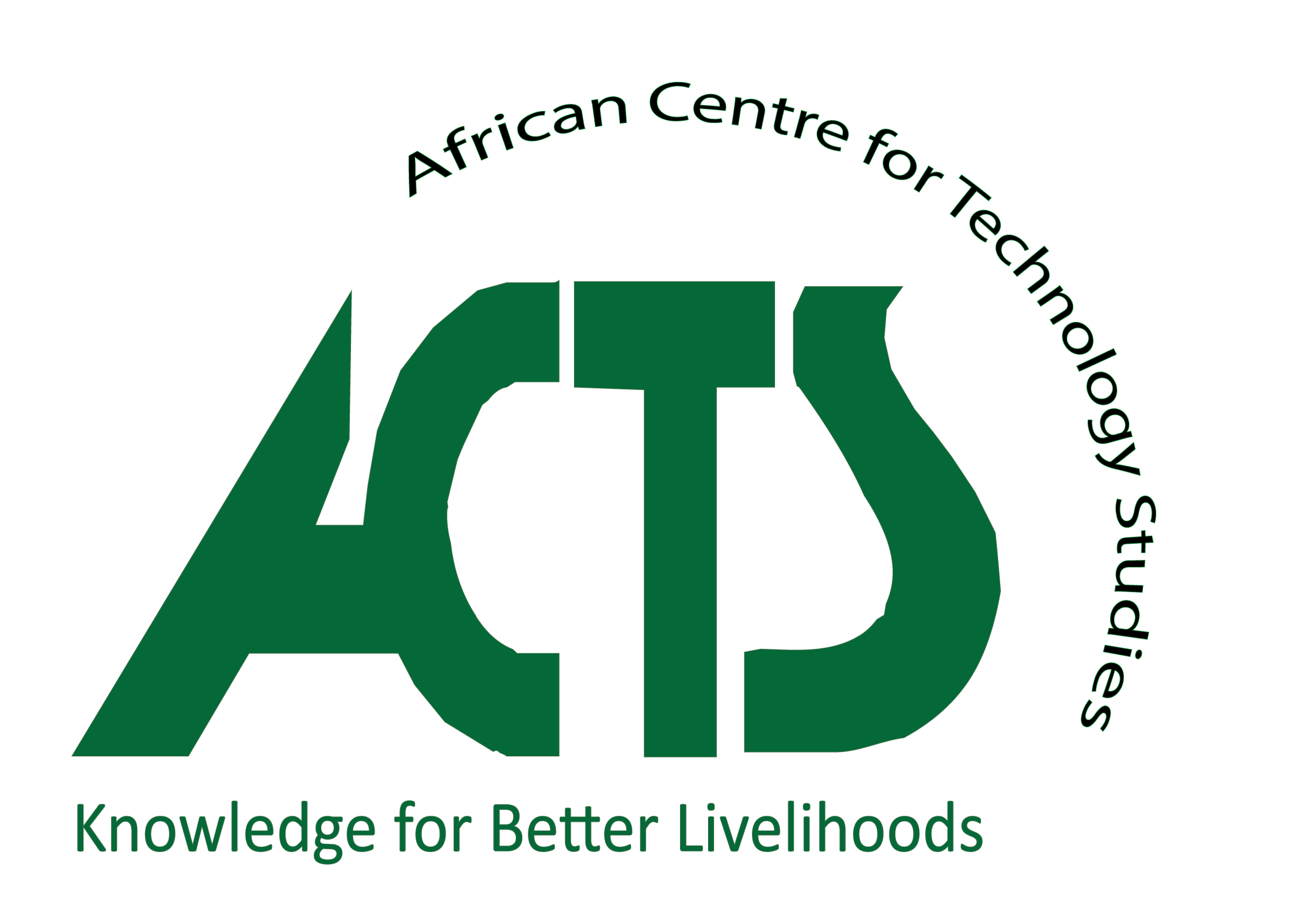By Rasmus Magni, Aalborg University, Denmark.
My internship and stay at ACTS is coming to an end, and will therefore l try to recap look back on my time and recap my experience.
I am studying Sustainable Energy Planning and Management at Aalborg University in Denmark, and an integral part of the final year is an internship in a relevant organisation or company.
Since beginning my studies more than four years ago I have had a strong desire to study or work abroad for a period, to experience the life, culture, and challenges this entails. Kenya as a country is experiencing tremendous growth and many interesting initiatives are taking place, especially in the energy and renewable energy sector, my specific field of interest.
September 2nd at 4.30 in the morning I arrived at Jomo Kenyatta Airport in Nairobi, my first encounter with Kenya and Africa. Upon arrival I quickly noticed the hustle and bustle of Nairobi, an intense and pulsating city, a huge contrast to the small city of Aalborg in Denmark where I am from. The following day I went to the ACTS office located within ICIPE in Kasarani where I was introduced to everyone and provided with my own office space, where I would spend most of my days, when not travelling or otherwise on field work or site visits.
 |
 |
My primary task during my stay has been to conduct a research project on hybrid PV/wind mini-grids in Kenya. In addition to my affiliation to ACTS, I have been involved in the Danish-Kenyan research project and network IREK, which together has provided me with many relevant contacts and inputs for my project.
|
|
Electrification of rural areas continue to be a major challenge globally and in Kenya, and mini-grids could potentially provide electricity to many of these rural communities. Small wind has so far been severely neglected in such mini-grids, and I have tried to investigate why that has been the case. To answer this, I have tried to engage with the Kenyan mini-grid sector as much as possible, including discussions and meetings with private developers, research organisations and governmental institutions. Furthermore, I have visited four different communities electrified through off-grid solutions. Two nano-grid sites located in Nakuru County, and two mini-grids located on two islands, Ndeda and Ringiti, in Lake Victoria in Western Kenya.
While living abroad in a country so entirely different from what I have known before has at times been both difficult and frustrating, this is all entirely outweighed by the vast amount of life experiences, knowledge, friends, and introduction to the Kenyan way of life, obtained during this short stay.
I want to extend my sincerest gratitude towards ACTS and everyone involved for the hospitality and support during my stay in Kenya, and hope for reunion soon.
Rasmus Magni Johannsen



